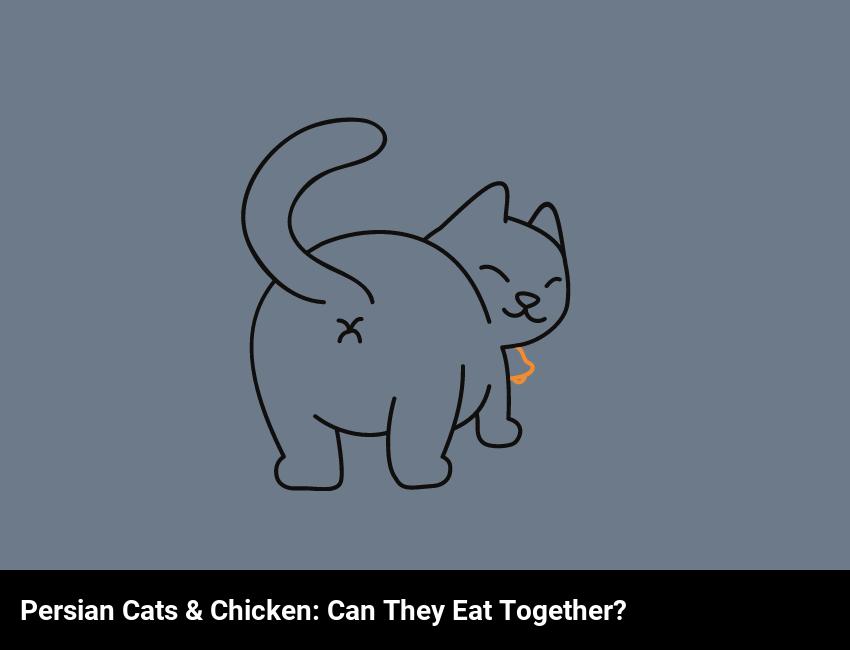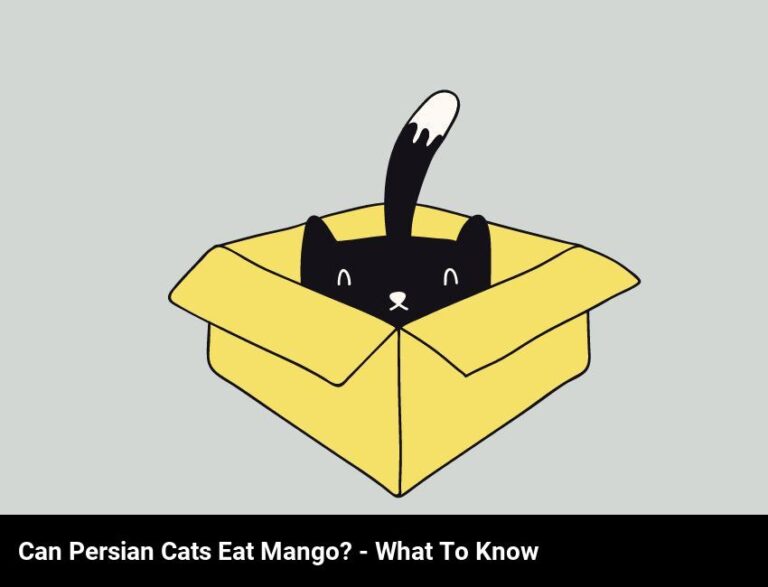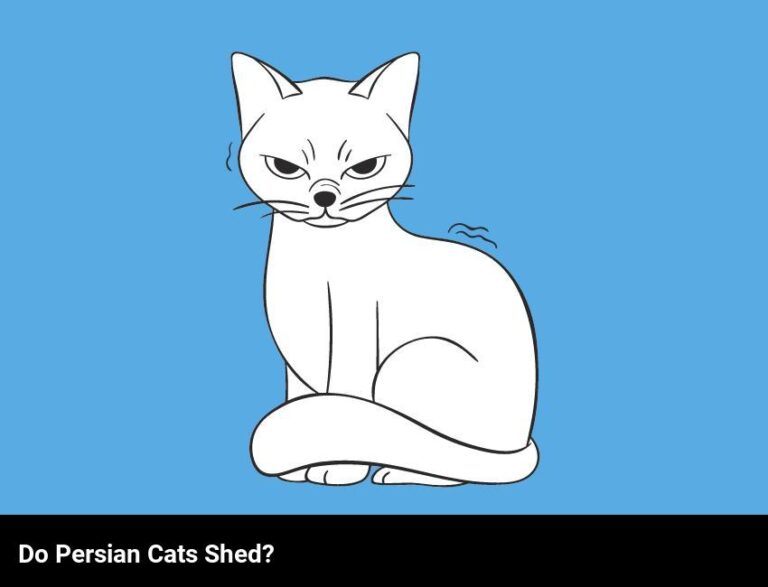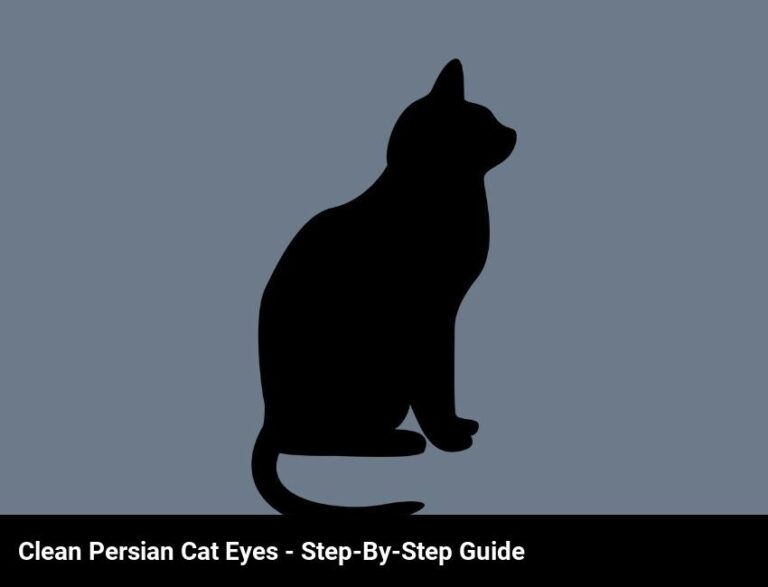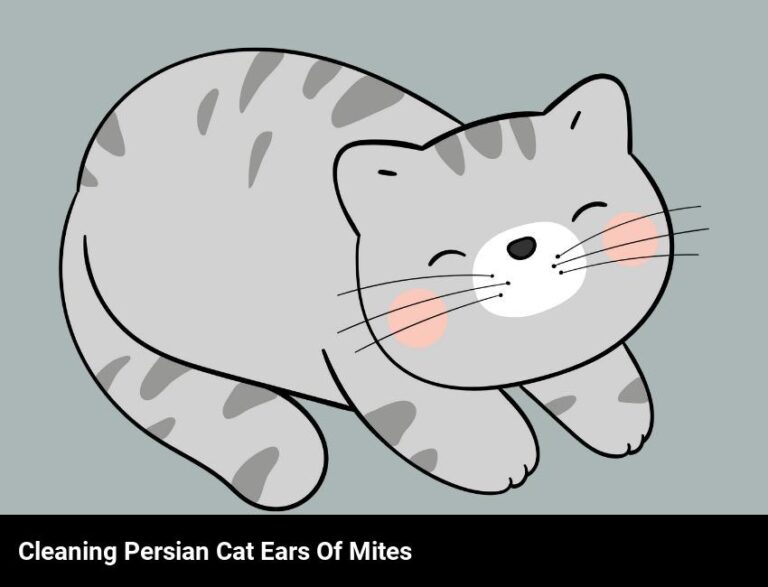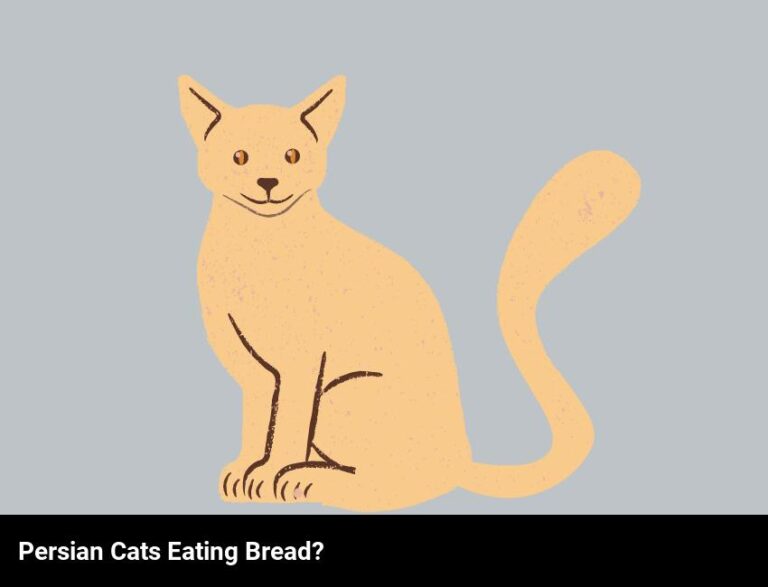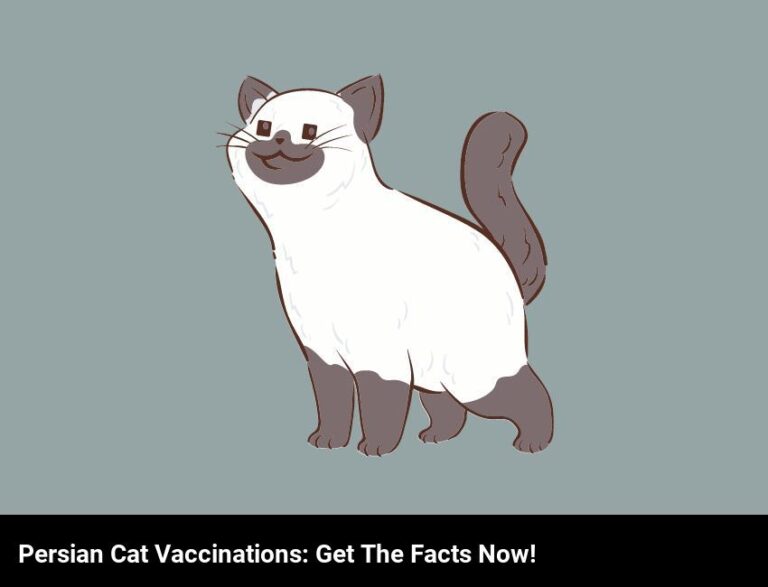Can Persian Cats Eat Chicken?
Yes, Persian cats can eat chicken. Chicken is a safe and nutritious food for cats, providing important nutrients like protein and fats.
When I adopted my beautiful Persian cat, I had so many questions. What makes Persian cats so special compared to other cats? What type of food should I be feeding my Persian cat? Can Persian cats eat chicken?
I quickly found out that Persian cats have specific dietary needs that are different from other cats. They have a tendency to gain weight easily, so I needed to make sure that I was feeding my Persian cat the right type of food.
One of the questions I had was – can Persian cats eat chicken? After doing some research, I discovered that Persian cats can eat a variety of foods, including chicken. In this blog, I will discuss the benefits and risks of feeding your Persian cat chicken, as well as other types of food they can eat and tips to ensure they are getting the right nutrition.
What makes persian cats special compared to other cats?
If you’re wondering what makes Persian cats so special, you’ve come to the right place! Persian cats have a flat face with large round eyes, a thick and long coat, and a luxurious mane. Their silky fur is the envy of all other cats, and their calm and gentle demeanor make them the perfect pet for anyone who likes a quiet companion.
What really sets Persian cats apart, however, is their personality. These cats are very loyal and affectionate, and they enjoy cuddling and being around their owners. Persian cats are also very intelligent and can learn tricks like walking on a leash or playing fetch. They love to explore and they’ll often follow their owners around the house.
Persian cats also have a longer lifespan than most other cats, and they can live up to 20 years with proper care. They also don’t shed as much as other cats, so they’re perfect for allergy sufferers.
All in all, Persian cats are a special breed and they’re perfect for anyone looking for a loyal, affectionate, and intelligent companion.
What are the benefits of feeding your persian cat chicken?
Yes! Feeding your Persian cat chicken can be very beneficial for their health. Here are some of the top benefits:
- Chicken is packed with protein and essential vitamins, which can help to keep your Persian cat’s coat shiny and healthy.
- It is also an excellent source of Omega 3 fatty acids, which can help to maintain a healthy immune system.
- Chicken is low in fat, so it can help your Persian cat maintain their weight and stay fit.
- The lean proteins in chicken can help to keep your Persian cat’s energy levels up and help them stay active.
- Eating chicken can also help to improve your Persian cat’s digestion and reduce their risk of developing digestive issues.
What tips should you bear in mind when feeding your persian cat chicken?
If you want to feed your Persian cat chicken, here are a few tips to keep in mind:
- First and foremost, be sure the chicken is cooked thoroughly before feeding it to your cat. Raw or undercooked chicken could potentially be contaminated and may make your cat sick.
- Serving the chicken in small portions is the way to go. This helps to prevent your cat from overeating as well as helps them get all the important nutrients they need.
- Avoid giving your cat chicken with extra seasoning or sauces. These can be unhealthy for cats and may even lead to digestive problems.
- If you are adding chicken to your cat’s regular dry food, make sure it is only a small amount. Too much can cause digestive issues.
- Finally, always make sure you consult with your vet first before making any changes to your cat’s diet. This helps to ensure that the food you are giving your cat is nutritionally adequate and safe.
What is a typical diet for persian cats?
Yes, Persian cats can eat chicken! But what else should make up a typical diet for these cats?
Persian cats are considered to be one of the oldest domesticated cat breeds, so they do require more specialized nutrition than other cats. A typical diet for a Persian cat should include high-quality, premium wet food. This should be supplemented with some dry food. The wet food should be comprised of proteins like chicken and fish, while the dry food should be a mix of grains and vegetables.
It’s also important to make sure that Persian cats are getting enough fatty acids. This can be accomplished by adding some fish oil to their diet as a supplement.
When selecting wet food for Persian cats, look for something that is high in protein and low in carbohydrates. A high protein content will help support the Persian cat’s long, luxurious coat.
In addition to food, Persian cats need plenty of fresh water. It’s important to make sure your cat has access to a clean source of water throughout the day.
Persian cats are also prone to obesity, so it’s important to monitor their food intake and weight. Watch out for over-eating and don’t leave food out for them to graze on throughout the day.
In conclusion, a typical diet for Persian cats should include a high-quality wet food supplemented with dry food, fatty acids, and plenty of fresh water. Monitor your cat’s food intake and weight to make sure they are getting the nutrients they need without becoming overweight.
Can persian cats eat chicken?
Yes, Persian cats can eat chicken! This is true of all cats, but Persian cats in particular benefit from a diet that includes chicken. Chicken is a great source of lean protein, and it’s easy for cats to digest. It also contains essential vitamins and minerals, like vitamins A and B, and selenium and zinc.
When feeding your Persian cat chicken, be sure to cook it thoroughly before serving it. That’s because raw chicken can contain bacteria that can make your cat sick. You can also feed your Persian cat some store-bought canned or dry cat food that contains chicken. Just make sure it’s a high-quality food that’s specifically designed for cats.
If your cat is overweight or prone to gaining weight, you can also give her cooked, boneless, skinless chicken once or twice a week. This is a great way to provide your cat with a healthy and low-calorie meal.
In general, you should feed your Persian cat a balanced diet that includes plenty of proteins, fats, and carbohydrates. Chicken is a great way to give your cat some of the protein they need. Just make sure to feed it to your cat in moderation and always cook it thoroughly before serving it.
What are the risks of feeding your persian cat chicken?
When it comes to feeding your Persian cat chicken, there are several risks to be aware of. Firstly, it is important to ensure that the chicken is cooked thoroughly and is free of any bones or cartilage, as these could cause your cat digestive distress or even an obstruction if consumed. Secondly, chicken is a high-protein food, so it should only be offered as an occasional treat and not as a main meal. Overfeeding your cat with chicken could lead to obesity, which can have serious health implications for your pet. Finally, chicken can also be a source of parasites and bacteria, so it is important to make sure it is fresh and properly cooked before feeding it to your cat.
Overall, it is not advisable to feed your Persian cat chicken on a regular basis. If you do choose to give your cat chicken as an occasional treat, make sure it is cooked thoroughly, without any bones or cartilage, and that it is fresh. Also make sure to feed it in moderation to avoid any potential health risks.
What other types of food can persian cats eat?
Absolutely! Persian cats are quite the versatile eaters and can enjoy a variety of different foods. With the right balance of nutrition, protein, fats, vitamins and minerals, your Persian cat can enjoy a variety of foods.
In addition to chicken, you can feed your Persian cat beef, fish, eggs, and even some vegetables. For example, cooked carrots, green beans, squash, and zucchini are all safe for cats to eat. Just make sure to remove any seeds and the skin from vegetables, as these can be difficult for cats to digest.
You can also offer your Persian cat some dairy products, like cottage cheese and yogurt. However, be careful of giving too much dairy, as it can lead to digestive issues.
However, it’s important to remember that every cat is different and they may not all enjoy the same foods. If you’re introducing a new food to your Persian cat, always do so gradually and monitor how they respond.
No matter what food you choose to feed your Persian cat, be sure it’s high-quality and specifically designed for cats. That way, you can be sure your cat is getting the right nutrition.
How can you tell if your persian cat is getting the right nutrition?
Knowing if your Persian cat is getting the right nutrition is an important part of being a responsible pet owner. In order to make sure your cat is getting the nutrition they need, there are some key indicators you can look for.
First, observe your cat’s behaviour. If your cat is energetic, active and playful, it’s likely that they’re getting the nutrition they need. On the other hand, if your cat appears to be lethargic and uninterested, then it could indicate that they’re not getting the proper nutrition.
Next, you can check the appearance of your cat’s fur. If your cat is eating the right food and getting the necessary nutrition, their fur should look healthy and glossy. On the other hand, if their fur looks brittle, dry, or dull, they may not be receiving the proper nutrition.
Finally, you can examine your cat’s weight. If their weight is appropriate for their breed and age, then it’s likely that they’re getting the right nutrition. If your cat is significantly underweight, it could indicate that they’re not receiving the nutrition they need.
By keeping an eye out for these indicators, you can easily tell whether or not your Persian cat is getting the nutrition they need.
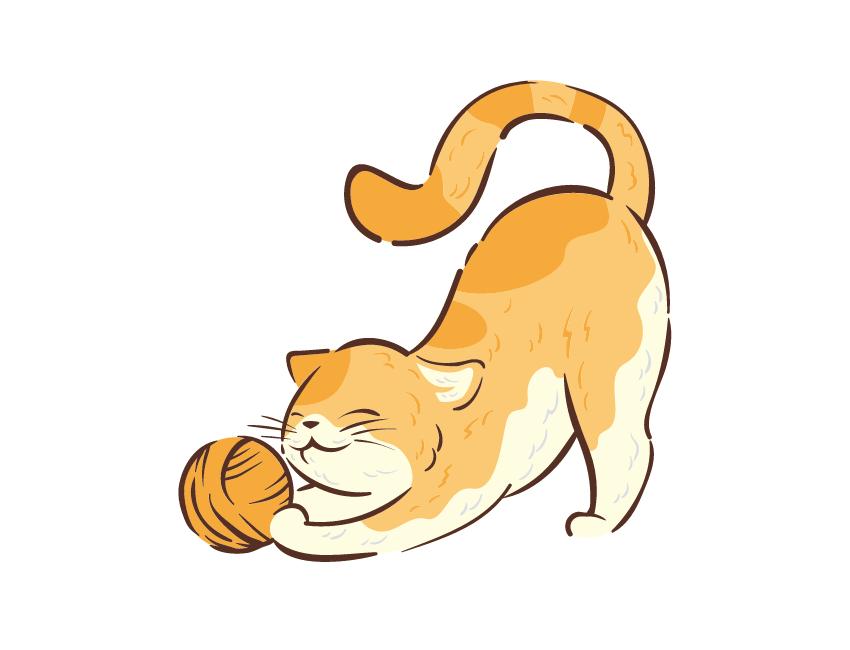
Frequently Asked Questions
Is it ok to give a persian cat chicken as a treat?
It’s generally not recommended to give your Persian cat chicken as a treat. While it may be tempting to give them a small portion of cooked chicken, it’s best to avoid it and stick to cat-safe treats instead. Doing so can help keep your Persian cat healthy and happy.
How can i ensure my persian cat is getting the nutrients it needs from eating chicken?
You can ensure your Persian cat is getting the nutrients it needs from eating chicken by ensuring it is high quality, fresh chicken. Look for chicken that is free range, organic, and hormone-free. Additionally, you can supplement their diet with a multivitamin designed for cats that contains essential vitamins and minerals. Lastly, make sure your cat is eating enough by feeding them two to three times a day.
What precautions should i take when feeding a persian cat chicken?
When feeding a Persian cat chicken, there are some precautions you should take. First, make sure the chicken is cooked thoroughly. Raw chicken can contain bacteria that can make your cat sick. Secondly, avoid feeding your cat any bones as they can splinter and cause internal damage. Additionally, avoid adding any seasonings or condiments as these can contain ingredients that are hazardous for cats. Lastly, feed your cat only small portions of chicken and be sure to provide plenty of fresh water.

